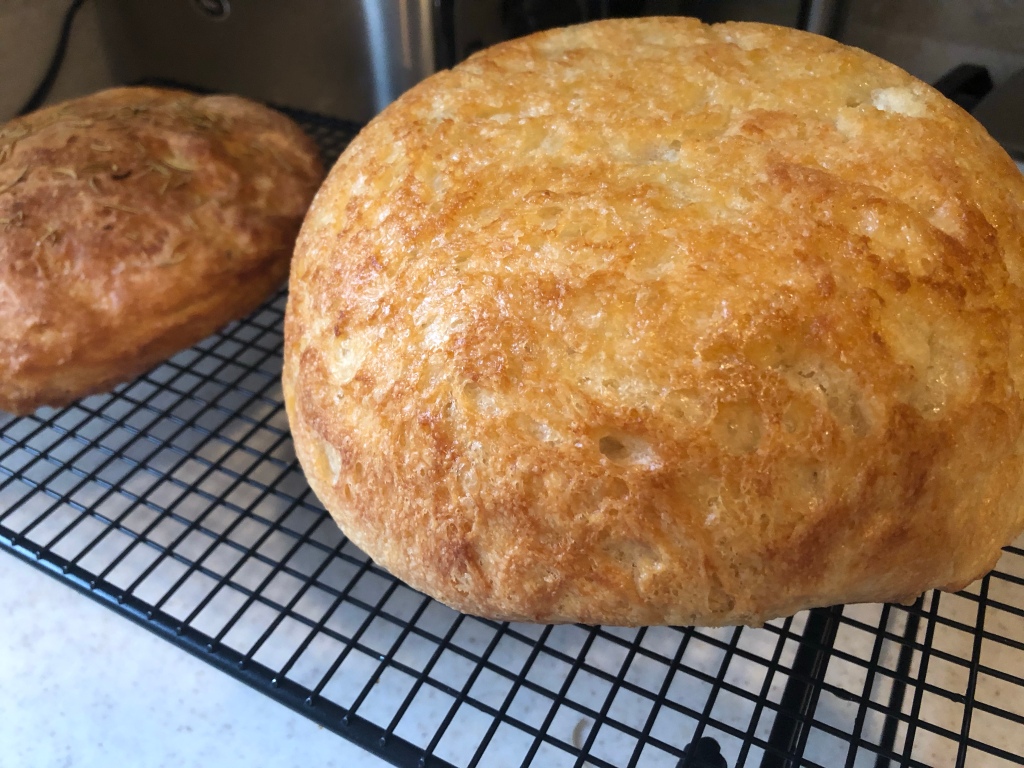
In the last year much has been written and discussed regarding how the COVID virus and quarantines have impacted how we worship, interact, and live as the community of God. The pandemic has not been the only thing, however, that has altered the way my family worships on Sundays. Church hurt has also contributed. Because of this, our family has been worshipping with a smaller group to maintain spiritual accountability. The pandemic, nevertheless, has certainly made it more problematic in terms of meeting together. Initially, our families met in small groups in homes, then outdoors when the weather warmed up. Later, we moved inside into our living rooms, donning masks and eliminating our Eucharistic meal in favor of the simplified cracker and juice.
The group we are meeting with is a bit of a mixture, but that is the kingdom of God, right? They have been a lifeline to me, providing encouragement, strength, and a reminder that we are bound by elements that transcend this world. They have been a stabilizing force at a time when I could easily have succumbed to debilitating discouragement.
As the weather warms up, some of us may be ready to take some baby steps forward in visiting other churches. Or not. Above all, we pray for our hearts to be protected. We pray for the Holy Spirit to guide us toward people who will minister to us, and to prepare us to minister to others. While I am deeply grateful for the people who have held my head above water, in a spiritual sense, it is difficult to foresee how long our particular version of faith and liturgy practices will continue. For now, zoom church is a solid place holder until we can return more fully into the life together, worshipping and serving in specifically embodied ways.
In the meantime, I am left with ambiguous feelings regarding our connection-disconnection. On the positive side, we have been persistent in meeting together, keeping tabs on one another, helping one another out in ways both small and large. Although it is not ideal, maintaining a connection with like-minded people of faith, with specific people, has been a rock-solid stabilizing force these last several months. On the less positive side, Zoom is awkward. It is difficult to have meaningful dialog with a group of people virtually and simultaneously, that is, living and engaging in the ordinariness of our daily life.While the technology is a blessing, it is also a barrier. The screen often feels to be a barrier to living incarnationally. At least to me. And yet we press on.

Jesus promised, “…where two or three gather in my name, there am I with them.” (Matthew 18:20) Virtual church may not be our primary or permanent way of worshipping. But does the Spirit remain with us even through a Zoom link? I believe the answer, beyond any feelings or social sensibilities, is yes! He does. Zoom seems to exacerbate the spiritual and emotional distance we feel from one another. Yet, with a proper theological understanding of God’s immanence, and an emphasis on Jesus’ incarnation and suffering alongside us, we can more readily accept the mutuality of Christian service and leadership. Christ’s presence is the reality we are caught up into each time we participate in the communion. Even if we drink from Dixie cups.

Because we have taken a bit of a break from institutionalized church, we have been freer to “try things on for size,” both in our thinking and in our practices. This has allowed some of our group, who may never have been given the opportunity, to find their voice and gain experience in presenting lessons, devotionals, and homilies.
We may soon be facing decisions around whether or not to disband or how to seek out established churches, but for now we are maintaining our current format. It is our basis for spiritual healing. We pray; one family leads us in song, accompanied simply by an acoustic guitar. We read scripture. We keep a rotating volunteer schedule for someone to lead us in our thoughts for the day. Past topics have been our newness in Christ, Jesus as the Good Shepherd, the use of psalms as lament, an imaginative retelling of the demon possessed pigs, and the temptation of Christ in the wilderness for the start of Lent. We participate in communion and prayer with crackers and juice. Then, we circle back around to a discussion time around the devotional or homily.
Christians throughout the ages have survived various trials and challenges in meeting together: catacombs, hiding in homes, prisons, etc. Looking broadly at this will help us retain our hope and our faith in the future as the church. Not the revoking of religious or civil liberties, nor world wars, nor plagues or persecutions have irrevocably destroyed the faith of Christians. Those of us who claim the Resurrection as the historical and theological event around which our lives orbit will not be eradicated by lesser events in human history. If we are clear about why we gather, if our theology informs the weekly practice of the Eucharist, if we pray with an acknowledgement of Christ in our midst, then our hope will not be dependent on our current location, nor will it flounder in our current circumstance.
As individuals we may falter, but God’s church as a whole will continue, and we will meet in cathedrals, sanctuaries, store fronts, living rooms, parking lots and parks, on Facebook Live and Zoom calls until he makes his glorious appearance once again. Persistently, “we wait for the blessed hope – the appearing of the glory of our great God and Savior, Jesus Christ.” (Titus 2:13)





